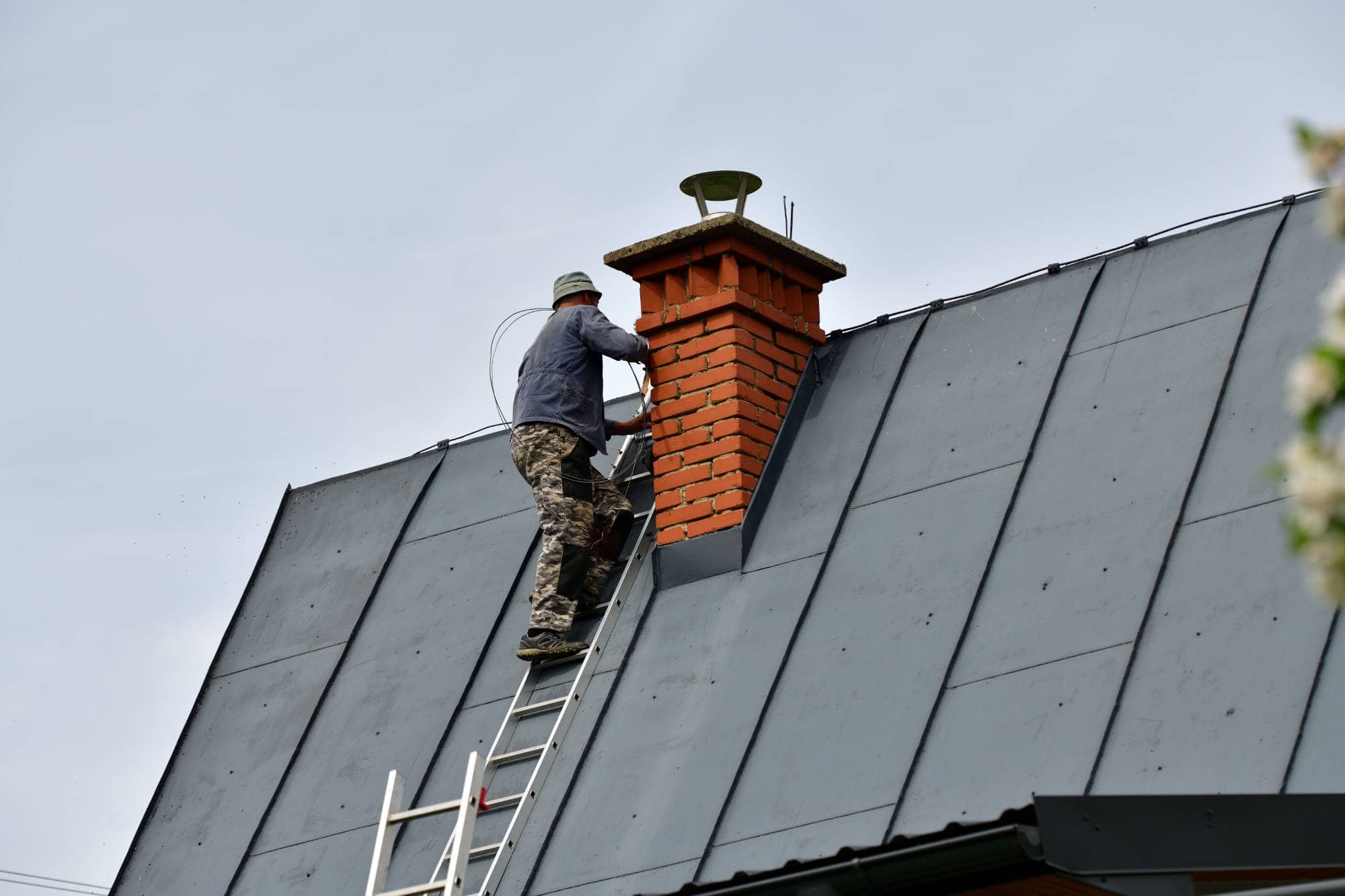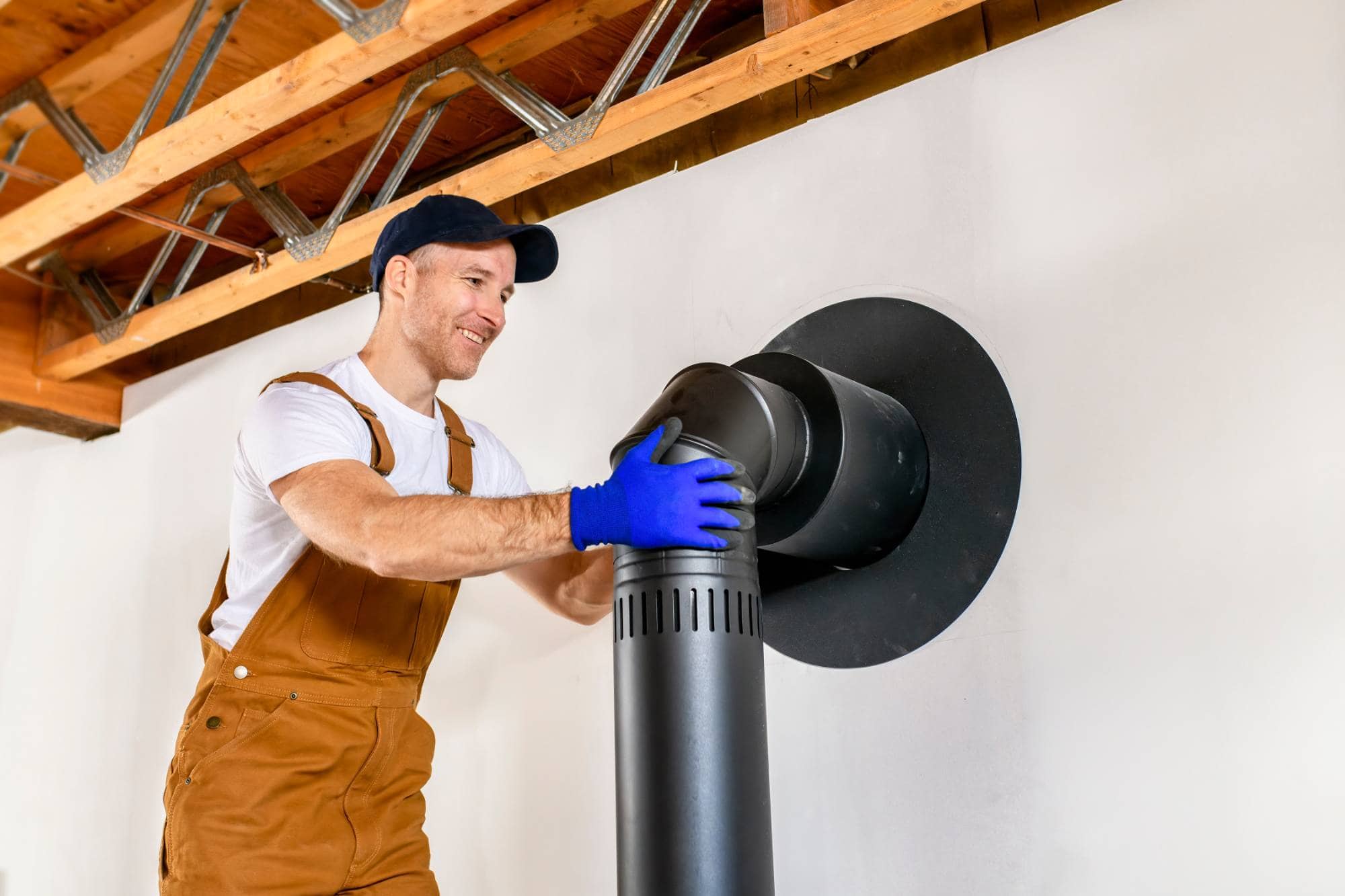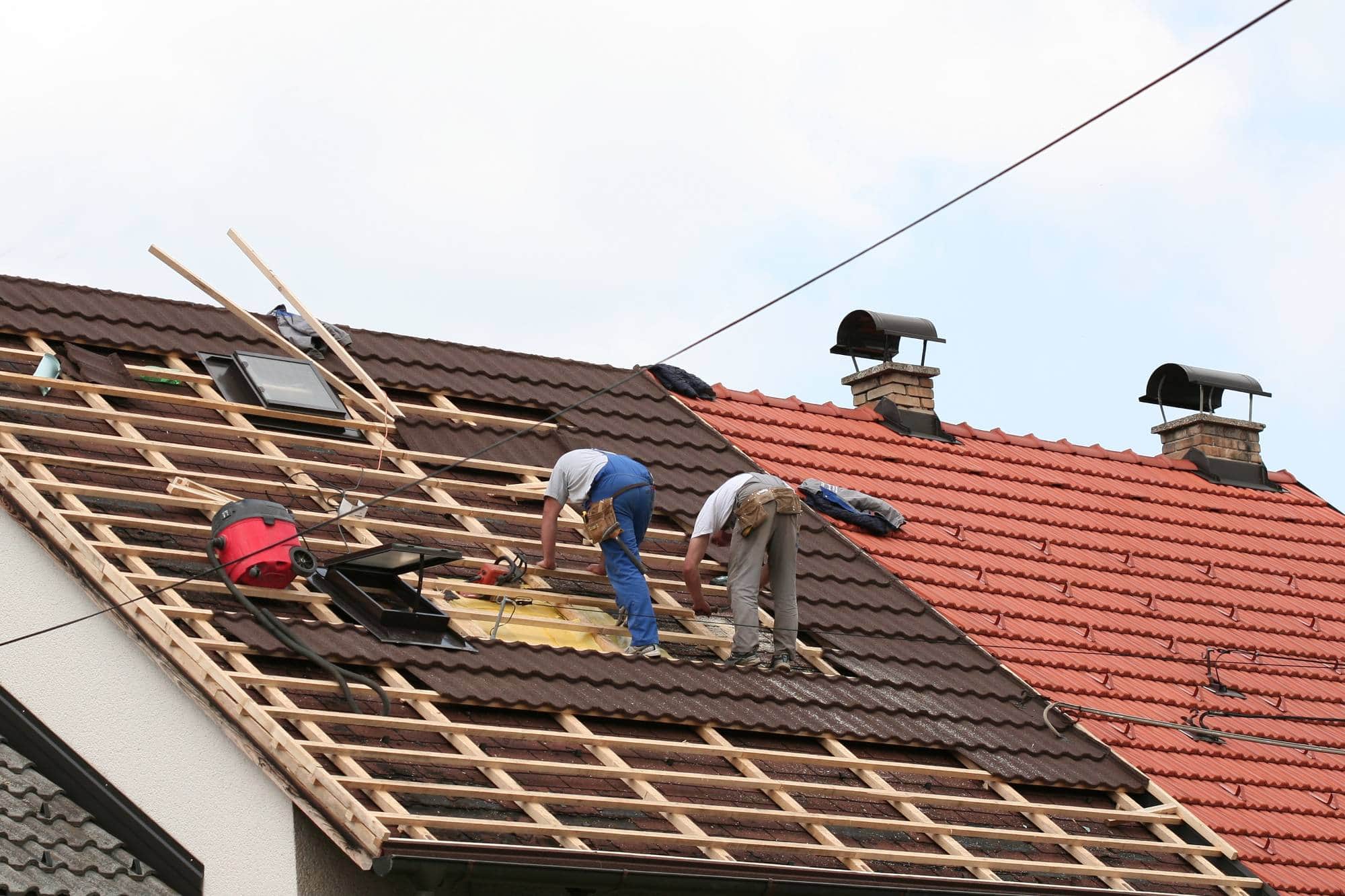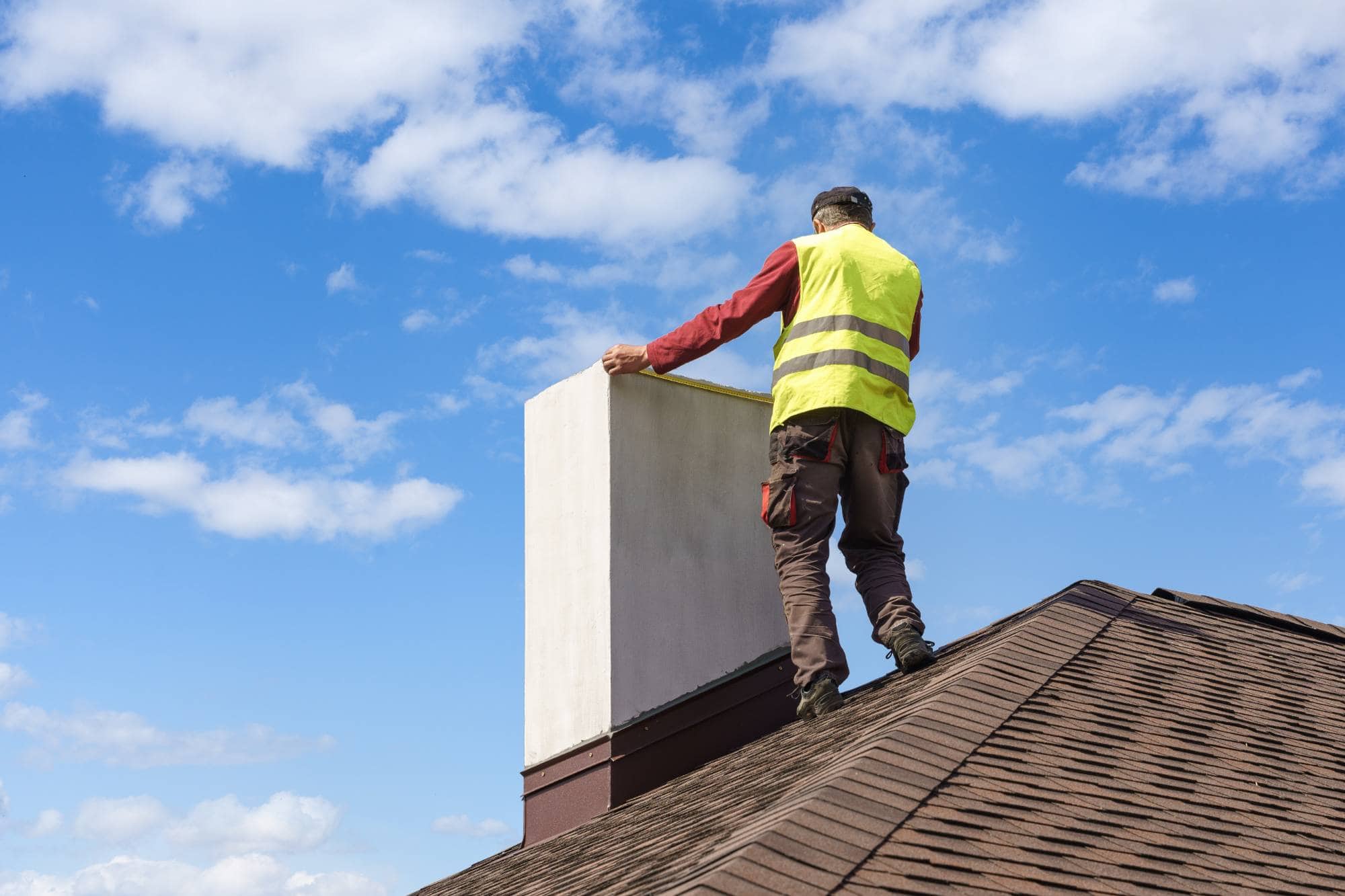Absolutely. We regularly match existing brick, stone, or block work when building new chimneys for additions or replacements. This includes matching mortar color, joint styles, and brick patterns. We can source materials that closely match your existing masonry, or in some cases, we can incorporate reclaimed materials from other parts of your property. For historic homes in Foster, we understand the importance of maintaining architectural consistency. Our masons have experience with various traditional New England styles, including the Stone-ender designs that are unique to Rhode Island. We work with you to ensure the new chimney complements your home’s character while meeting modern safety codes.




